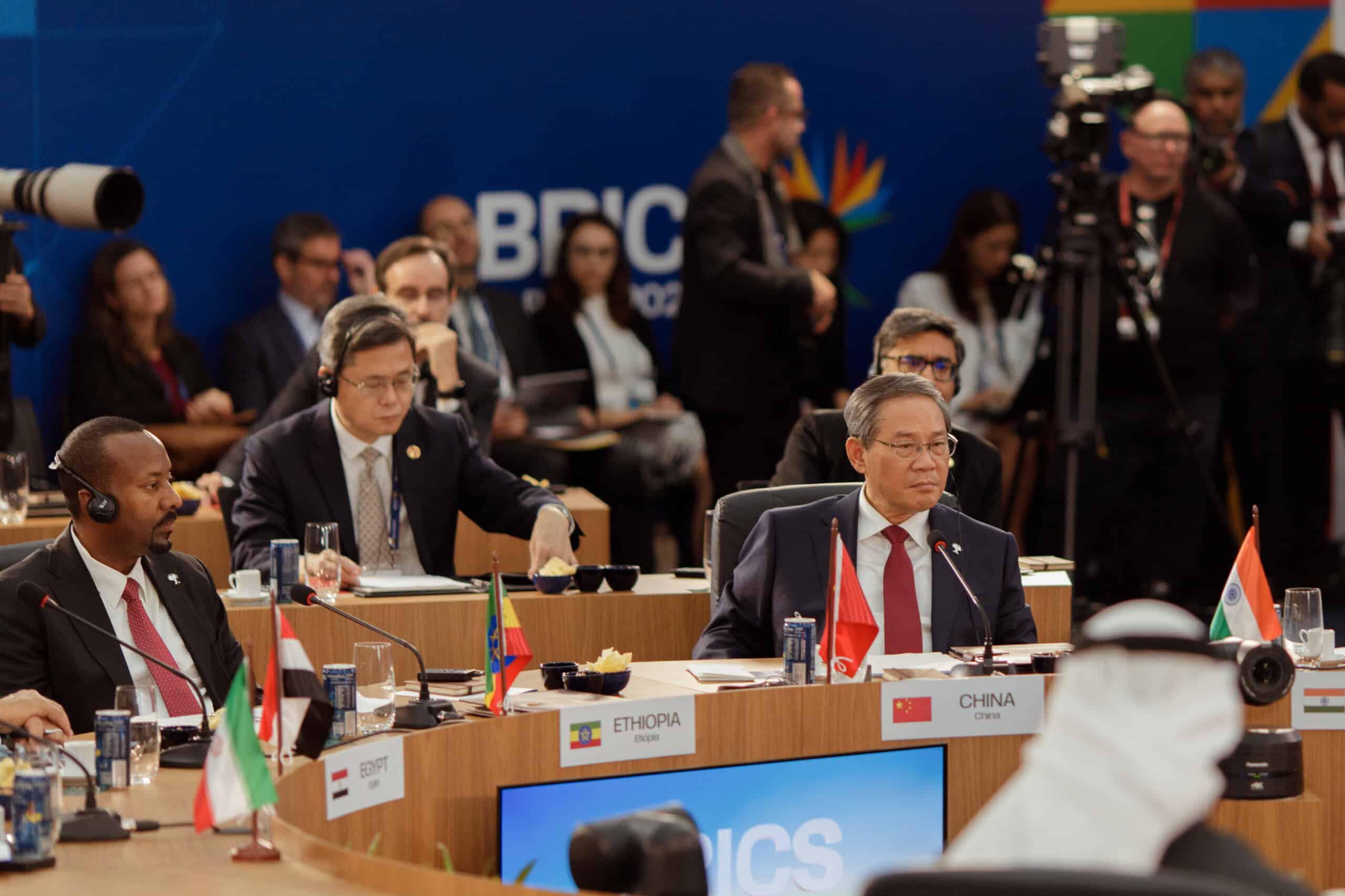Robert E. Lighthizer is an attorney and longtime government official who most recently served as the U.S. Trade Representative during the Trump administration. Lighthizer has more than 30 years experience as an international trade lawyer working for Skadden, Arps, Slate, Meagher & Flom LLP. He has also worked on Capitol Hill, as a senior staff member and one time chief of staff for the late Senator Bob Dole, the Kansas Republican. He also served as deputy U.S. Trade Representative during th
Navigate China's Business Landscape with Confidence.
- Gain visibility into supplier risks
- Easily manage trade compliance
- Conduct in-depth due diligence



